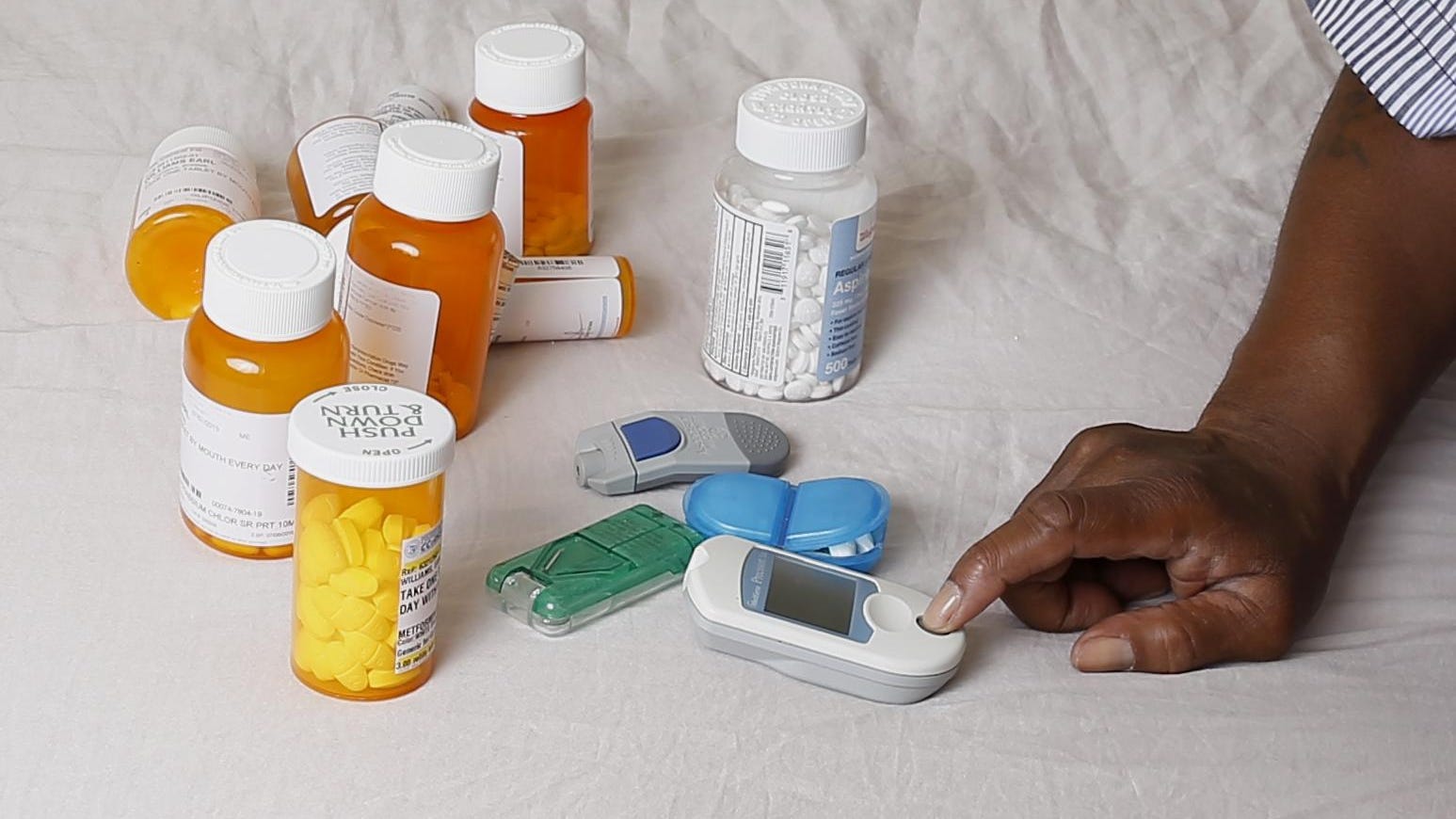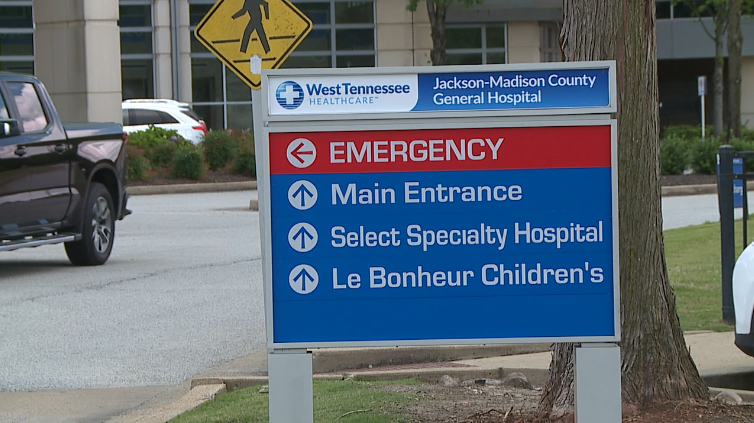Summary
It is time to face the facts. Medicaid and CHIP have grown dramatically, are inefficient and vulnerable to abuse. Reform is not only responsible but also essential. Delaying action puts taxpayers and those in need at risk. Our public health and fiscal future depend on getting this right.
Source: The Detroit News

AI News Q&A (Free Content)
Q1: What are the main reasons Medicaid reform is considered necessary?
A1: Medicaid reform is deemed necessary because the program has grown significantly over the years, making it inefficient and susceptible to abuse. Delaying reform could jeopardize taxpayers and individuals who rely on these services. The public health and fiscal future depend on effective reform measures that address these inefficiencies.
Q2: How has CHIP evolved since its inception, and what impact has it had on children's health coverage in the U.S.?
A2: CHIP, established under the Balanced Budget Act of 1997, was designed to provide health insurance to children in families with modest incomes too high to qualify for Medicaid. It expanded significantly, covering an additional 4 million children and pregnant women in 2009. Despite its success in improving access to health care, challenges remain, such as rising numbers of uninsured children as some families don't qualify for CHIP.
Q3: What are the findings of recent studies on the economic and health benefits of Medicaid and CHIP?
A3: Recent studies, including those from Brigham Young University and Arizona State, indicate that CHIP coverage has led to significant improvements in health care access and outcomes for children. These programs contribute to reductions in emergency care use, which is costlier for states, thus presenting both economic and health benefits.
Q4: What systemic barriers exist in integrating doula services into Medicaid, and how can these be addressed?
A4: Systemic barriers to integrating doula services into Medicaid include financial constraints for private practice doulas, institutional constraints for hospital-based doulas, and sustainability challenges for community-based doulas. Addressing these requires hybrid models for continuity of care, public health partnerships for funding, and advisory boards for interdisciplinary collaboration.
Q5: What are the proposed policy recommendations for improving Medicaid and CHIP services?
A5: Policy recommendations include creating hybrid care models, strengthening public health partnerships, and forming advisory boards to enhance collaboration. These strategies aim to improve service delivery, ensure sustainable funding, and overcome systemic barriers in integrating services like doulas into Medicaid.
Q6: How do proposed changes in the One Big Beautiful Bill Act impact Medicaid and related programs?
A6: The One Big Beautiful Bill Act proposes stricter eligibility requirements for Medicaid, which could lead to reduced spending on the program. These changes aim to extend provisions of the 2017 Tax Cuts and Jobs Act, potentially reducing non-military government spending but also impacting the accessibility and coverage of Medicaid services.
Q7: What role do federal and state partnerships play in administering Medicaid and CHIP effectively?
A7: Federal and state partnerships are crucial in administering Medicaid and CHIP, allowing states flexibility in policy design within federal guidelines. This results in variations in eligibility, benefits, and administration across states, ensuring that programs can adapt to local needs while maintaining federal standards.
References:
- Children's Health Insurance Program - https://en.wikipedia.org/wiki/Children%27s_Health_Insurance_Program
- Exploring innovative models of doula services in maternity care: A qualitative study on advancing equity and addressing disparities - https://pubmed.ncbi.nlm.nih.gov/
- One Big Beautiful Bill Act - https://en.wikipedia.org/wiki/One_Big_Beautiful_Bill_Act





